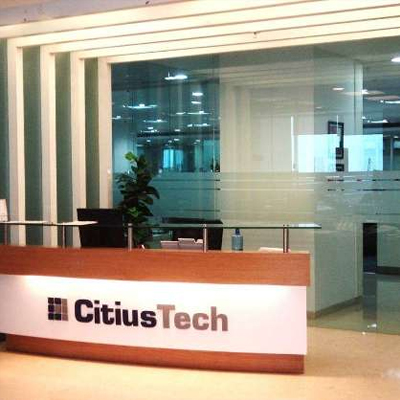Beyond Limits: Quantum Computing’s Odyssey Towards Sustainable Development Goals

In the quest for a sustainable and just future, the world stands on the brink of a quantum revolution, where quantum computing emerges as a game-changer. Armed with unprecedented computational abilities, quantum computing holds the key to addressing the intricate challenges outlined in the Sustainable Development Goals (SDGs).
This article explores the remarkable potential of quantum computing in steering us towards a more sustainable world.
Harnessing the Power of Quantum Superposition and Entanglement
Quantum computing revolves around the principles of superposition and entanglement. Unlike classical bits, quantum bits or qubits can exist in multiple states simultaneously, exponentially expanding computational capacity.
This unique attribute empowers quantum computers to process vast amounts of data and unravel complex problems that have long perplexed traditional computing methods.
Revolutionizing Climate Modeling and Prediction
A paramount SDG involves combating climate change, and quantum computing emerges as a formidable ally in this battle. Quantum computers can significantly enhance the computationally intensive task of climate modeling, simulating and analyzing complex climate systems with unprecedented precision.
This capability provides crucial insights to shape policies and strategies aimed at mitigating the impact of climate change.
Transforming Resource Management
Efficient resource management is a cornerstone of sustainable development. Quantum computing excels in solving optimization problems, particularly in supply chain management.
By concurrently considering numerous variables, quantum computers optimize supply chains, curb waste, and boost resource efficiency. This aligns seamlessly with SDGs focused on responsible consumption and production.
Expediting Drug Discovery for Global Health
Healthcare stands at the core of sustainable development, and quantum computing can expedite breakthroughs in drug discovery. Quantum computers accelerate the intricate simulations required to understand molecular interactions, translating into faster drug development.
This acceleration holds promise for more effective treatments, aligning with SDGs related to health and well-being.
Revolutionizing Financial Modeling for Inclusive Economic Growth
Inclusive economic growth is pivotal for sustainable development, and quantum computing’s prowess in handling complex financial modeling and risk analysis can revolutionize decision-making processes.
By offering more accurate predictions and insights, quantum computers contribute to economic stability, fostering an environment conducive to achieving SDGs related to poverty eradication and economic growth.
Navigating Challenges and Considerations
While the potential of quantum computing is immense, challenges exist on the path to integration into mainstream sustainable development initiatives. Practical applications are still in early stages, demanding further research and development.
Additionally, the necessity for a quantum-ready workforce and robust infrastructure poses additional hurdles. Collaborative efforts between governments, industry leaders, and researchers are crucial to overcoming these challenges.
In conclusion, the fusion of quantum computing and sustainable development promises groundbreaking solutions to humanity’s most complex challenges. With persistent research, investment, and collaboration, quantum computing has the potential to redefine the boundaries of what we can achieve in the pursuit of a sustainable and harmonious global society.
The journey towards a better future has found a powerful ally in the quantum realm, unlocking possibilities once deemed unattainable.
.png)







